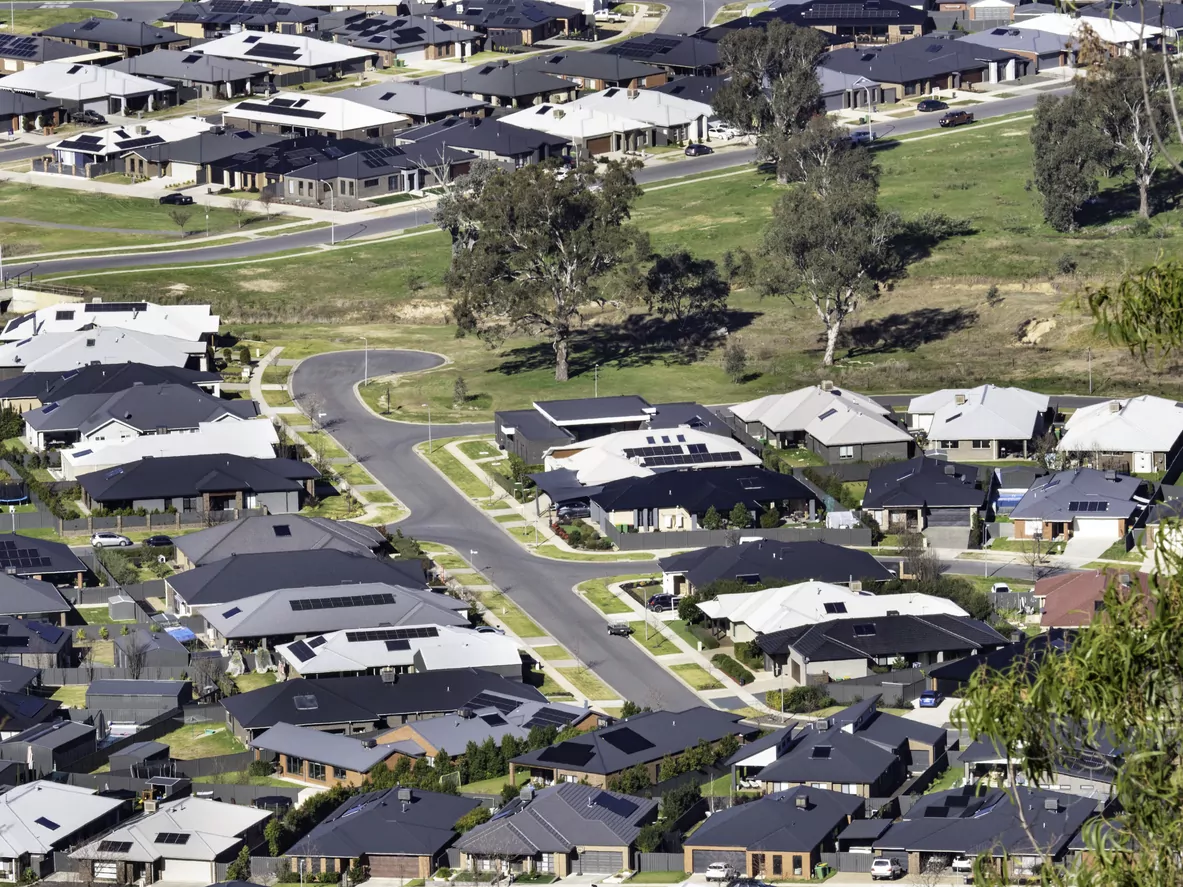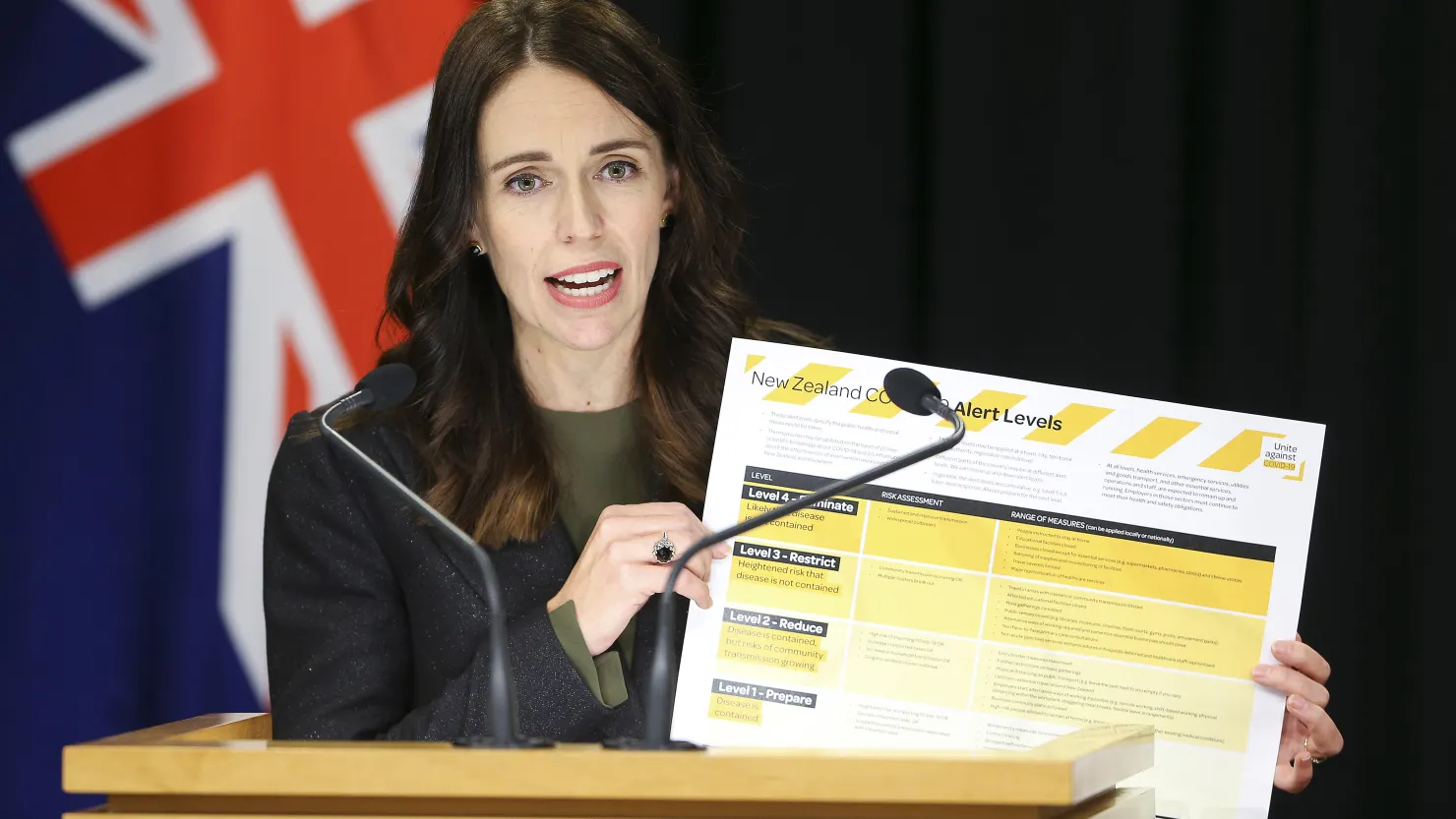The New Zealand Government’s plan to teach maths for social justice has come under criticism by the Act Party.
The plan, developed by the Ministry of Education, advocates for a “critical maths pedagogical approach” that aims to use maths as a tool for developing critical awareness about wider social, environmental, political, ideological, and economic issues.
The plan encourages students to interrogate dominant discourses and assumptions, including that maths is benign, neutral, and culture-free, and to address issues of power, social justice, and equity in the community and the wider world.
Act Education spokesperson and former teacher, Chris Baillie called the plan “completely nuts” and a prime example of why New Zealand is falling behind, stating that the government is indulging in ideological experiments while failing to prioritise the basics.
Education Minister Jan Tinetti has called the plan “essential”, but Baillie is not convinced.
He argues that the plan is confusing for parents who expect maths lessons to help their children solve basic problems as they navigate the world, not to address “social justice and equity” issues.
Baillie also expressed concern about the Ministry of Education trying to “smuggle left-wing nonsense” into schools and politicise the curriculum” at a time when over 100,000 students are not showing up to school regularly, let alone achieving in maths.
He believes that schools should focus on teaching the basics “so that children can eventually balance their household budgets, and that most students are not going to grow up to be left-wing activists.”
In response to Baillie’s criticism, Minister Tinetti stated that the plan is only a draft out for consultation, but Baillie pointed out that the word “draft” does not appear in the document.
He believes that the Ministry of Education should be focused on improving the education basics that are needed for success in life, rather than pushing an ideological agenda that may not benefit students in the long run.









